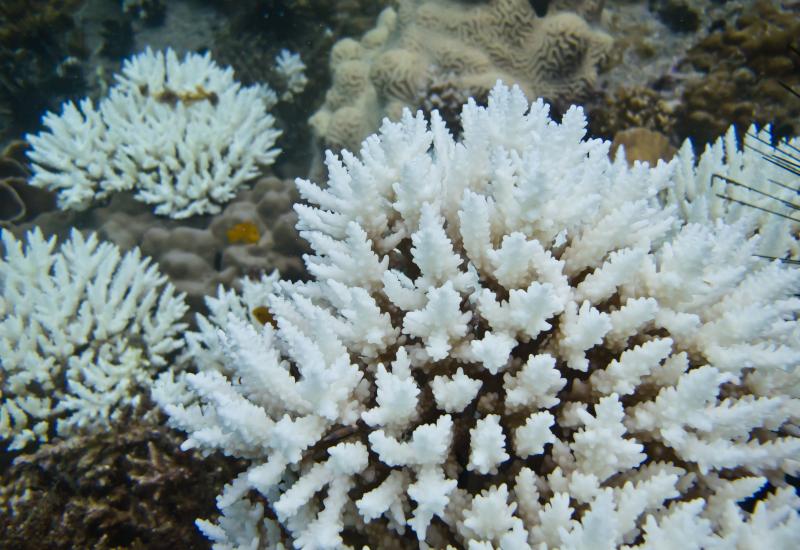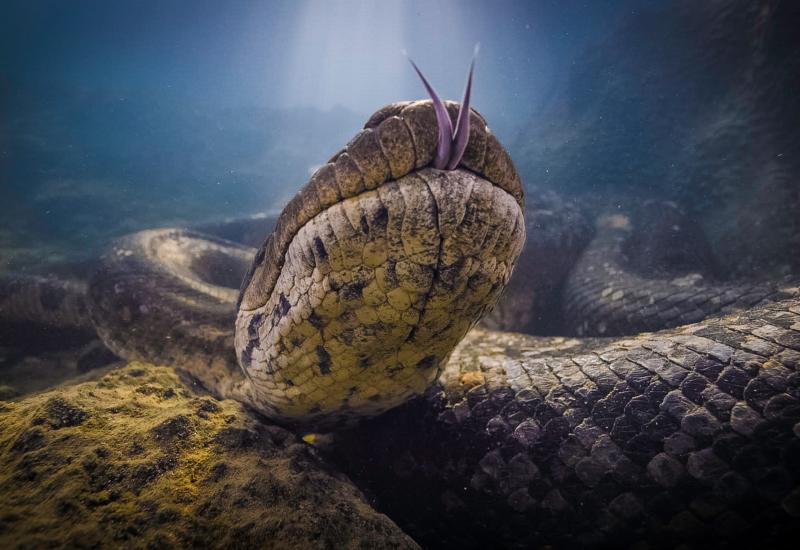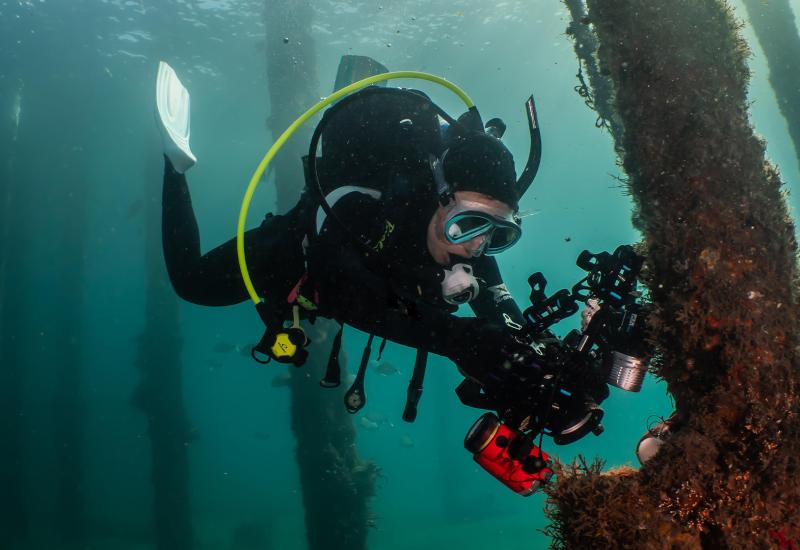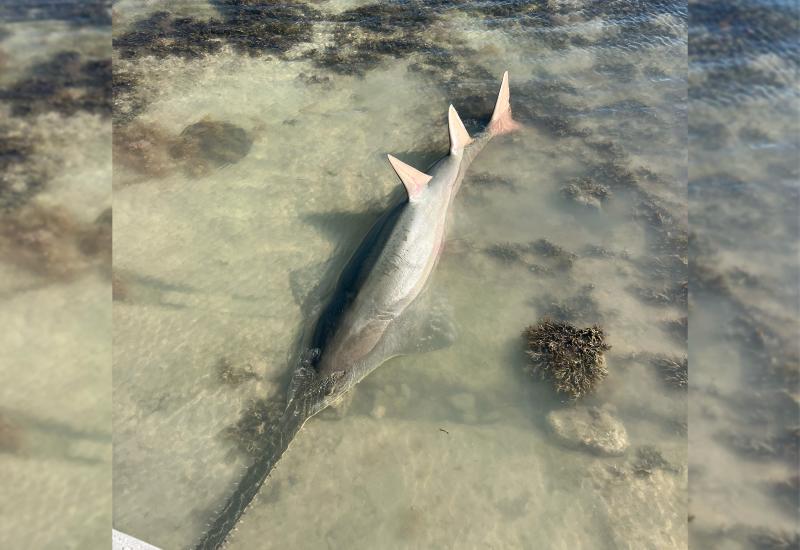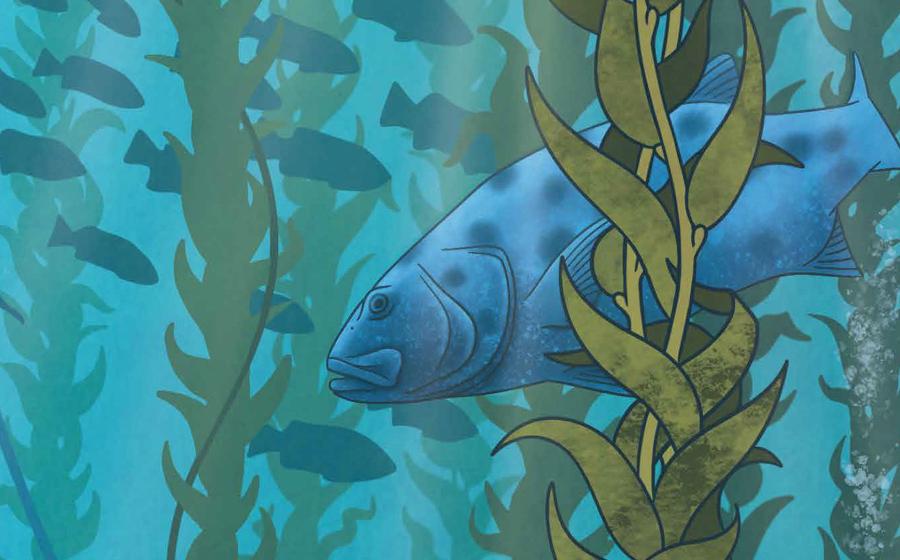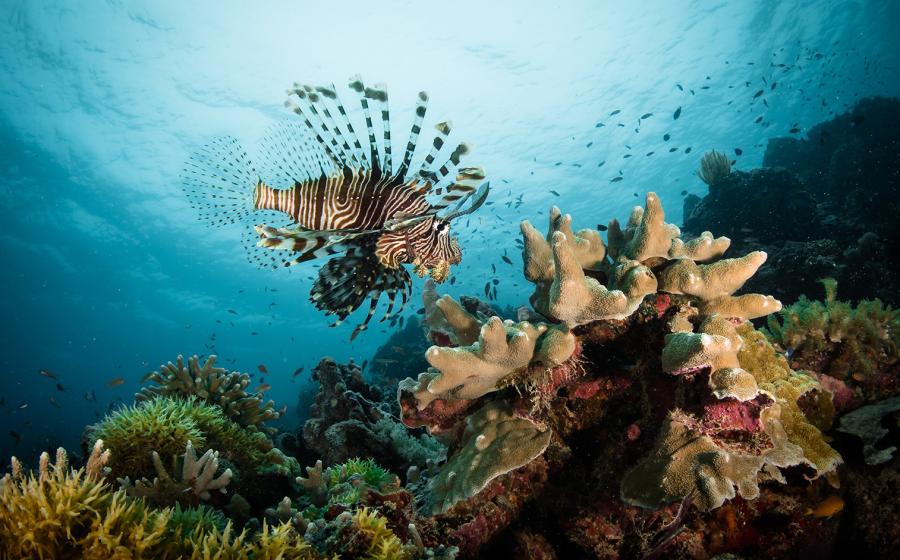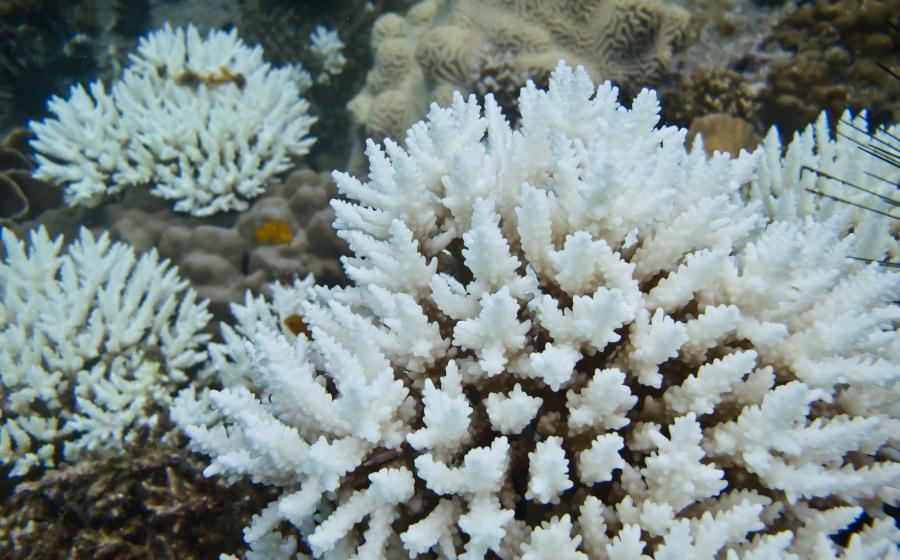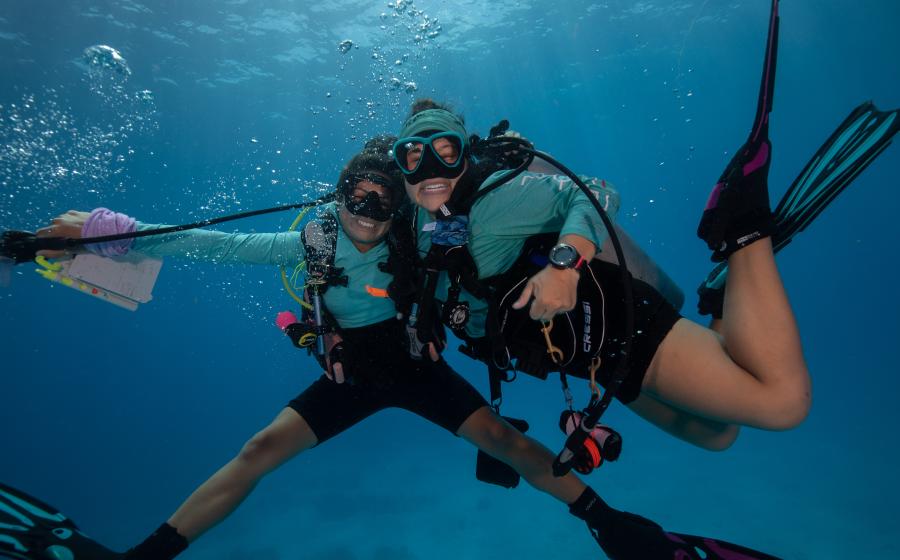Erich Ritter, Conservationist and Founder of SharkSchool, Dies at Age 61
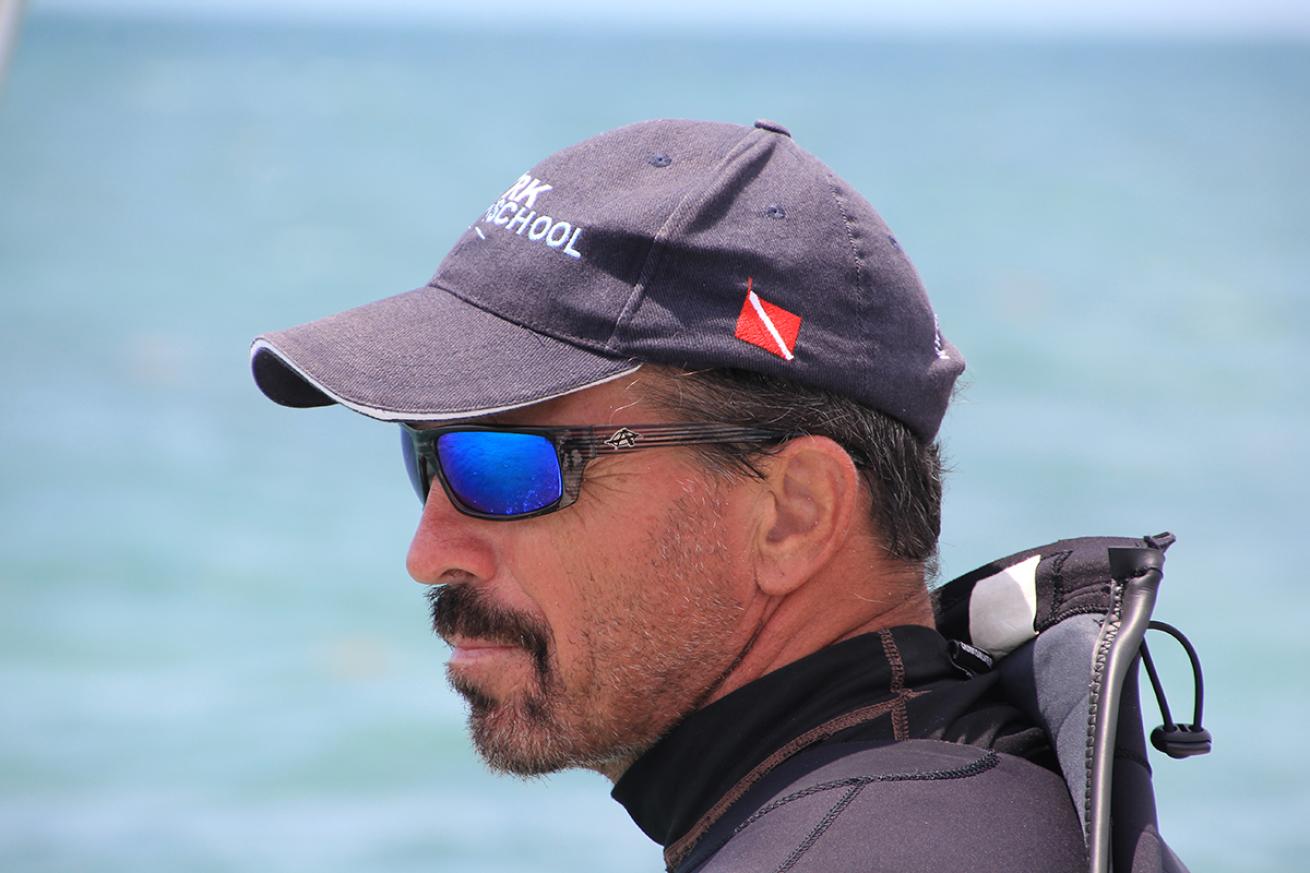
Courtesy photo"There is no such thing as dangerous sharks, but dangerous situations... Once mankind can get rid of its fear from sharks, then sharks can be protected." - Dr. Erich Ritter
Shark advocate Dr. Erich Ritter passed away at age 61 in his Pensacola, Florida, home on Friday, according to posts made on his SharkSchool Facebook page. The cause of his death is not yet publicly known.
Ritter traveled the world on a decades-long mission to change global public perception of sharks. He earned his Ph.D. from the University of Zurich in behavioral ecology, and completed his postdoctoral work at the University of Miami. He conducted continuing field research at the Shark Education and Research Center in the Bahamas, continually publishing papers and a book on shark behavior. He also campaigned for shark conservation policies, such as an end to shark finning.
Billing himself as the only professional applied shark-human interaction specialist, Ritter devoted himself to understanding the body language of sharks to identify the conditions that caused shark attacks, or “shark incidences,” as he preferred to call them.
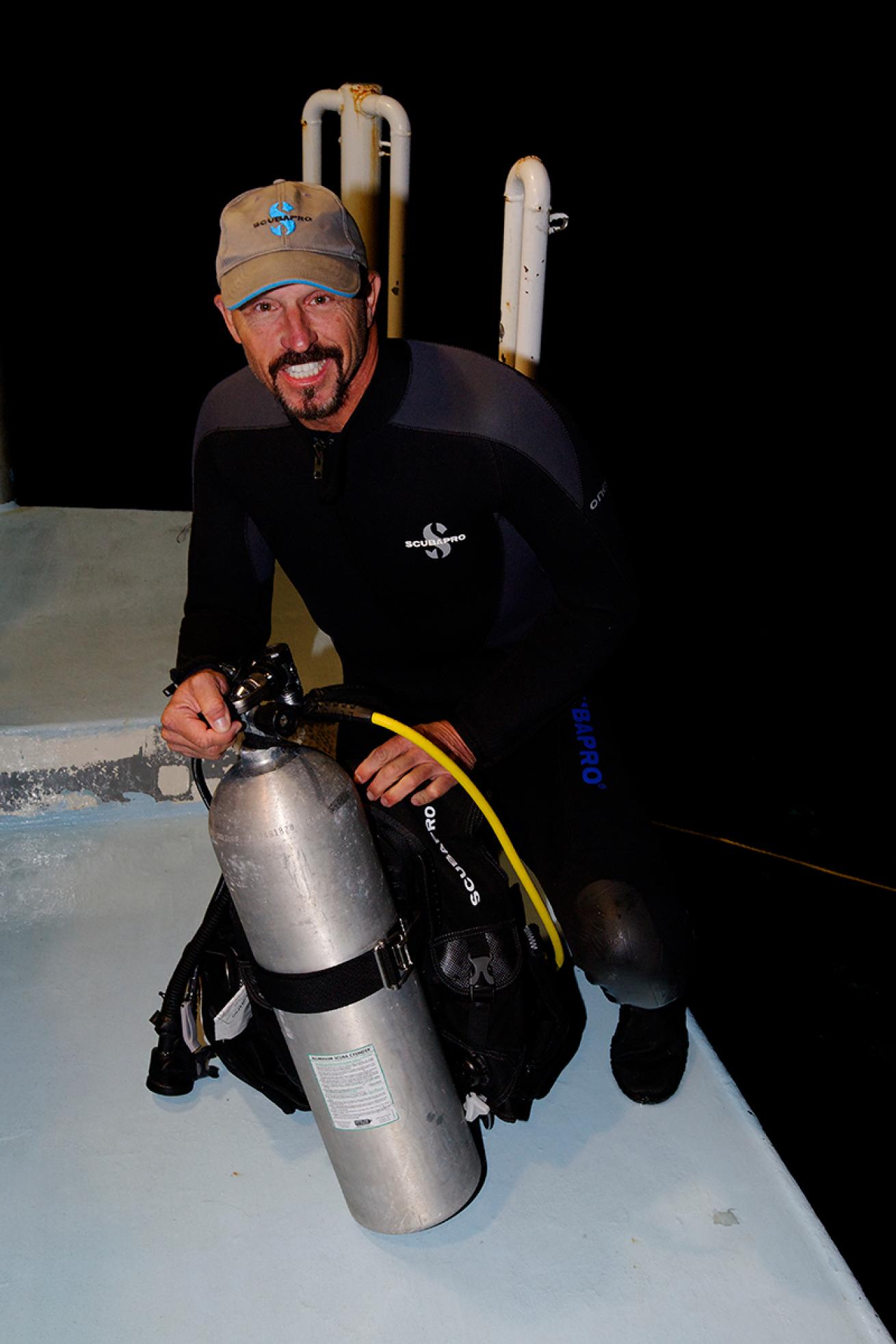
Courtesy photoRitter dedicated his life to improving the relationship between humanity and sharks.
Ritter often said “there is no such thing as dangerous sharks, but dangerous situations.” He repeatedly put his mantra to the test, personally recreating attack scenarios with specific species to better understand the circumstances catalyzing bites. His method stirred controversy within the scientific and diving communities, where he became widely known after a shark bit him in 2002 while Discovery Channel cameras were rolling for Shark Week. The bull shark bite, sustained while standing in shallow waters in the Bahamas, cost him part of his left calf and caused severe blood loss.
The incident did not tarnish his love. Ritter went on to become chairman of the Shark Attack Victim Network and a case investigator for the Shark Research Institute’s Global Shark Attack File.
Ritter argued against common theories about what caused shark bites, such as sharks following human blood or mistaking surfers for seals; he spread these beliefs through SharkSchool, founded in 1996. Global expeditions brought scores of divers face-to-face with sharks from Colombia to Fiji. The program led encounters through ADORE-SANE, a framework for guiding human-shark interactions based on Ritter’s field research. Toward the end of his life, he emphasized engaging children in shark conservation to counter fear before it took hold.
“Most kids think sharks are cool. If we can give them a little ammunition, we can create a new generation that will do the right thing,” he told Scuba Diving magazine earlier this year.
“The shark whisperer, a tower of strength for the sharks,” reads the SharkSchool announcement of his passing. “From the bottom of our hearts, that's how we will remember him.”
Related

